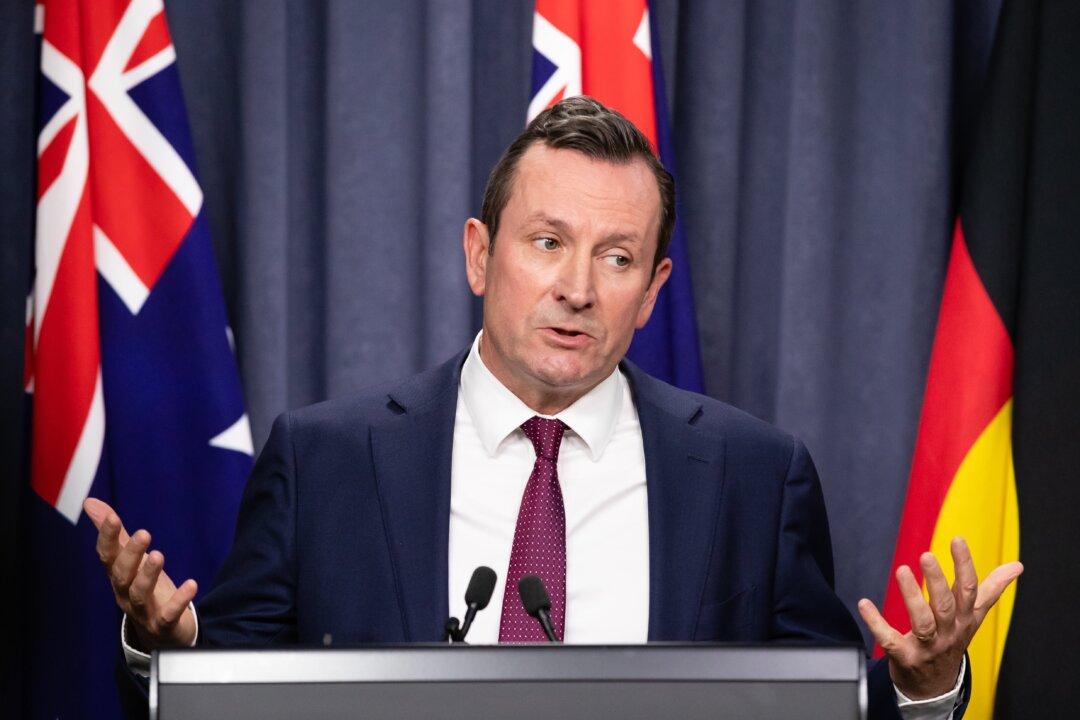Western Australia Premier Mark McGowan has announced his decision to visit China for the first time in four years.
McGowan said the visit is a “great opportunity” to strengthen partnerships with the Chinese communist leaders, as well as industry leaders across energy, resources, science and innovation, international education, and aviation.
It will be the first visit for the Labor leader since in April, 2019, when he attended the International Conference & Exhibition on Liquefied Natural Gas in Shanghai.
“My first official overseas mission after taking office in 2017 was to China, and I am looking forward to returning again this month, to highlight our strong trade relationship,” the Labor premier said in a statement.
“Developed over several decades, our economic relationship with China is a mutually fruitful one. It is a relationship that continues to grow.”




